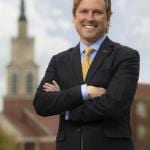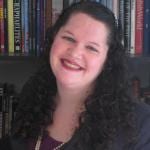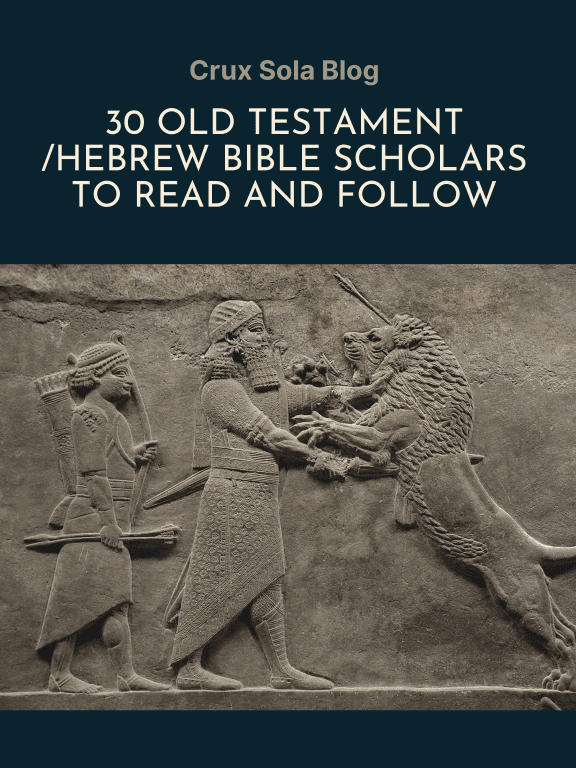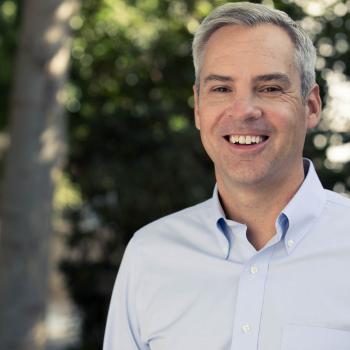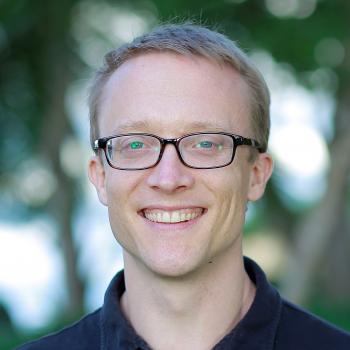Excited to introduce you to a good friend of mine, Dr. Brian Doak. We were colleagues at George Fox University for a handful of years. During his Sabbatical, he even lent me his office when I was working on the undergrad campus for a bit! Brian is a top-notch scholar, read his stuff!
30 Old Testament/Hebrew Bible Scholars to Read & Follow
Brian R. Doak, Associate Professor of Biblical Studies, George Fox University
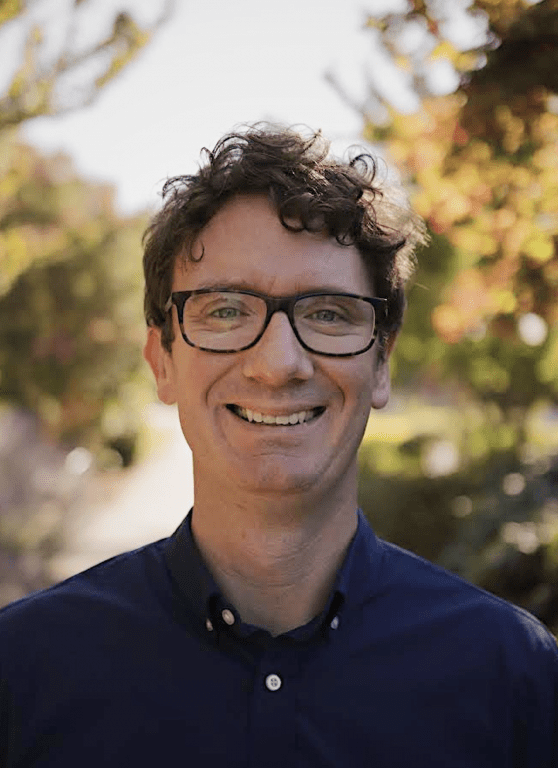
Why do you love teaching and researching about the OT/HB?
I love complexity, and I love huge projects–the study of the Old Testament, its contents, its language, archaeology, and then the entire history of interpretation…it’s basically one of the biggest academic projects one can take on. (To say nothing of the spiritual challenge and all that entails.) I love that biblical studies as a whole is a kind of “everything field,” and you can enter it with basically any of the humanities-style approaches: Literary theory, material culture, religion, philosophy, linguistics, and so on. It never ends.
In the classroom, where I deal primarily with Christian students and ideas, I also love feeling the “burn” of just the awkwardness and disorientation that comes from (a) knowing this part of the Bible is Scripture for us, that it is holy and God’s word for us, and yet (b) knowing that we mostly have no clue what we’re talking about and most of us have not even read the whole Old Testament. For myself, maybe there is an analogy here for why I love certain kinds of exercise like hard trail hikes and mountain climbing: I feel put in my place and “defeated” in the right way. I want to have those kinds of encounters because they help me feel alive and show me the limits of my efforts and arrogance.
What is one “big idea” in your scholarship?
The philosopher Isaiah Berlin had a famous metaphor of the “hedgehog” and the “fox,” drawn from ancient Greek proverb: “A fox knows many things, but a hedgehog one important thing.” In the history of ideas, Plato is the patron saint of the hedgehog type, in that all of his writings point to this theory of the “the Forms,” while Aristotle is the champion of foxes, in that his writings took these meandering paths through essays on all kinds of topics and he dismantled the logic of the Forms in some ways. As a scholar, I think I’m clearly in the “fox” camp. My mentor, Peter Machinist, is a brilliant fox type, and we understood each other I think because of that.
Nevertheless: a “big idea” I’m obsessed with thinking and writing about has to do with the way biblical authors saw God’s will as “written” on the physical universe–on trees, bodies, land. For example, there is a fascinating motif all throughout the Old Testament about giants. Not just human giants, but also giant things more generally. And it gets competitive–God seems to hate giants and huge and tall things of all kinds, and instead wants to reserve space for himself as the only authorized “giant” (read, for example, Isaiah ch. 2 or ch. 6 with this idea in mind, or Genesis ch. 11).
Who is one of your academic heroes and why do you admire them?
My doctoral advisor at Harvard, Peter Machinist, is my primary hero. He just knows everything. It is very unnerving to be around him in that sense, but also inspiring–he is a pure scholar. I think at one point he learned rudimentary Russian just so he could read what Russian biblical scholars were writing about in their own language. To me he always seemed unconcerned with the kind of popularity or dominance that can be a plague in academia or any other way of life; he cares about ideas, relentlessly, and he looks at shortcuts with total disdain. I’m sure if he were reading this, he’d shake his head and deny some or all of this, but he is also extremely modest. When I was in his classes or just talking with him, I loved the sense that there were “goals” or “points,” yes, but actually those could be tossed aside entirely for a rabbit trail of ideas that would go into some thicket and it was never important to really come out of the thicket. He loves long subordinate clauses, and clauses nested beneath the clauses.
What books were formative for you when you were a student? Why were they so important and shaping?
Two books come to mind, though obviously for all of us there are so many:
(1) Othmar Keel and Christoph Uehlinger, Gods, Goddesses, and Images of God in Ancient Israel (Fortress, 1998, in English). I love art and images, and they say something in the introduction (I paraphrase) like this: Any analysis of the Bible that does not take iconography or material culture into consideration should not get a hearing. That is a challenging view and I go back to this book constantly and dozens of topics.
(2) Mark Smith, The Origins of Biblical Monotheism: Israel’s Polytheistic Background and the Ugaritic Texts (Oxford, 2001). A lot of Old Testament / Hebrew Bible scholars are obsessed with the idea of origins, and about how ancient Israel seems to have evolved or emerged from some other religious system. This is just a great book on that topic. Though the book is not explicitly theological, I think even those interested in producing Christian theology can take these ideas in a lot of directions.
Read Doak’s Work
The Last of the Rephaim: Conquest and Cataclysm in the Heroic Ages of Ancient Israel
Ancient Israel’s Neighbors
The Oxford Handbook of the Phoenician and Punic Mediterranean
Heroic Bodies in Ancient Israel
Follow Doak Online
If you ran into me at SBL, and you didn’t want to talk about OT/HB studies, what would you want to talk about?
Backpacking and mountain climbing!
What is a research/writing project you are working on right now that you are excited about?
My most recent book, Ancient Israel’s Neighbors, just came out with Oxford University Press; it’s cheap and accessible and IN MY HUMBLE VIEW a great short introduction to those small groups that surrounded Israel (Philistines, Moabites, etc.). Going forward, I’m working with a friend from my doctoral program, Jonathan Kline (now an editor at Hendrickson) on a short commentary on Genesis chs. 1-11 that is oriented toward pastors and seminarians and others who may have had a semester or year of Hebrew and want an introduction back into the text that will help them read in the original language.






